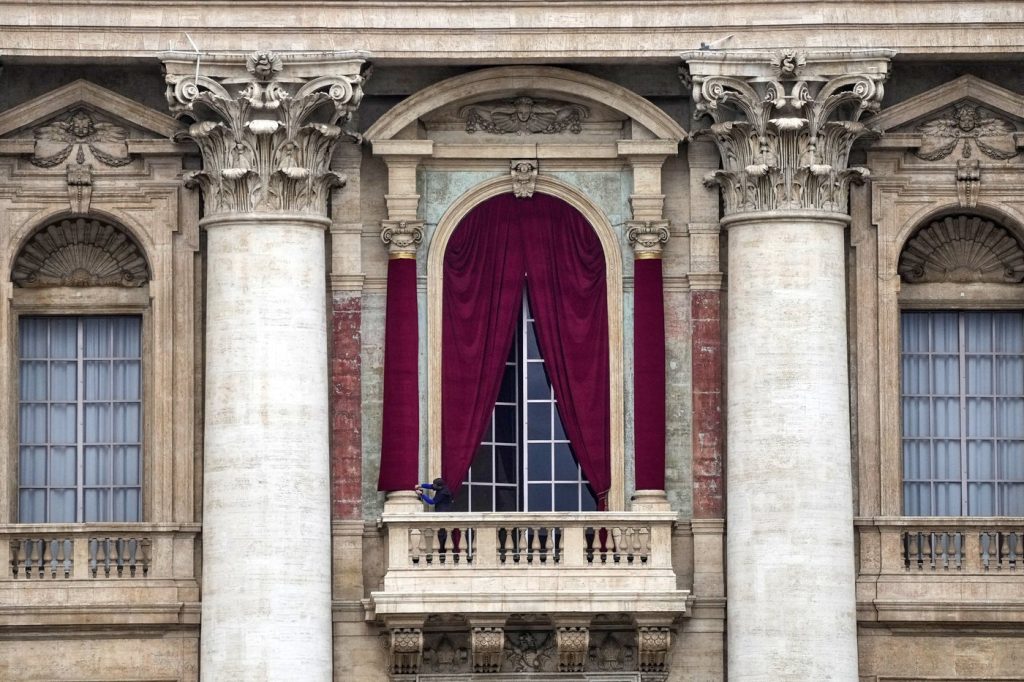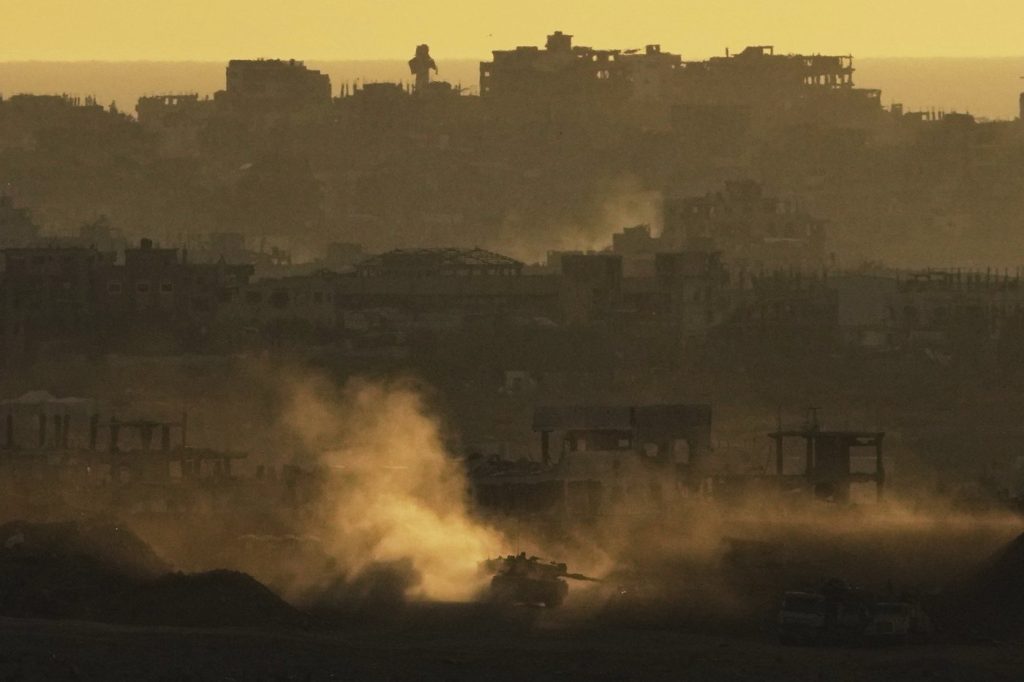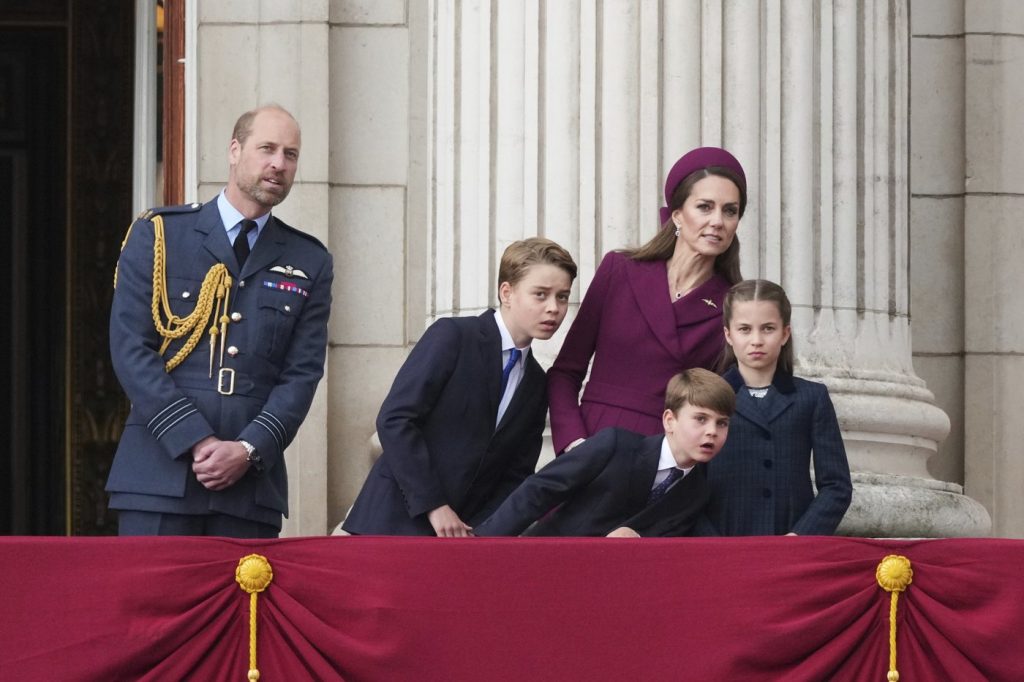VATICAN CITY (AP) – As the Vatican prepares for the upcoming conclave to elect the successor to Pope Francis, which is set to begin on Wednesday, the support staff for the cardinals took an oath of secrecy on Monday. This group includes cleaners, cooks, doctors, nurses, drivers, and elevator operators among about 100 personnel assigned to the conclave. Vatican spokesman Matteo Bruni announced that the consequence of breaking this oath is automatic excommunication.
The oath ceremony took place in the Pauline Chapel at the Vatican. It included clerics who support the cardinals, such as confessors who can speak various languages. The cardinals themselves are scheduled to take their oaths in the Sistine Chapel on Wednesday before casting their first ballots. The conclave's duration is unpredictable, as it will only be concluded when white smoke signals the election of a new pope.
The cardinals will reside in the Vatican, having access to residences where lay men and women will assist them with meals and other needs. In order to maintain the necessary privacy and reverence for the election of the Catholic Church’s next leader, the support staff will be sequestered. Out of the 133 cardinals projected to vote, 108 were appointed by Pope Francis himself.
Cardinals have the option to walk approximately 1 kilometer (less than a mile) to the Sistine Chapel or utilize a special bus that operates solely within the confined Vatican grounds. However, for the bus service, drivers will also be needed. Initially, Bruni stated that the cardinals would be permitted to keep their mobile phones at their residence, Santa Marta. Nonetheless, later in the day, he clarified that the phones would be collected and returned only after the conclave concludes.
Bruni emphasized that the issue of technology extends beyond technicalities, as it is intertwined with prayer and meditation regarding the selection of the next pope. The Vatican is also implementing measures such as signal jamming around the Sistine Chapel to prevent any form of electronic communication or surveillance during the conclave, overseen by Vatican security forces.
The regulations guiding the oath-taking process are established in Vatican law, initially rewritten by St. John Paul II in a 1996 document that governs papal elections. While amendments were made under Pope Benedict XVI before his resignation in 2013, the 2013 revision specifically emphasized the penalty of automatic excommunication for those who disclose any information from within the conclave.
Those taking the oath explicitly promise to keep absolute secrecy regarding the ballots and any related procedures unless granted special permission by the newly elected pope or his successors. Additionally, participants are required to refrain from using any audio or visual recording devices, with the awareness that violating the oath will incur automatic excommunication.
As the conclave approaches, the Vatican's child protection advisory committee has issued a plea for cardinals to prioritize addressing the issue of clergy sexual abuse. They asserted that the Catholic Church’s credibility is hinged on accountability and justice for victims. The Pontifical Commission for the Protection of Minors was established by Pope Francis to develop best practices in combating abuse. The commission has called for prayer among the cardinals, urging them to prioritize true accountability and transparency, emphasizing that the church's integrity depends on taking decisive action for those who have suffered abuse.
The abuse scandal has significantly impacted the Catholic Church's credibility worldwide due to revelations about systemic abuse and cover-ups by clergy. Both Pope Francis and his predecessor have made strides to address this issue, but the culture of impunity persists, and the lack of transparency in handling abuse cases remains a significant concern. Cardinal Sean O'Malley, the commission’s president, will engage in pre-conclave discussions but will not participate in the voting due to being above the voting age of 80.












